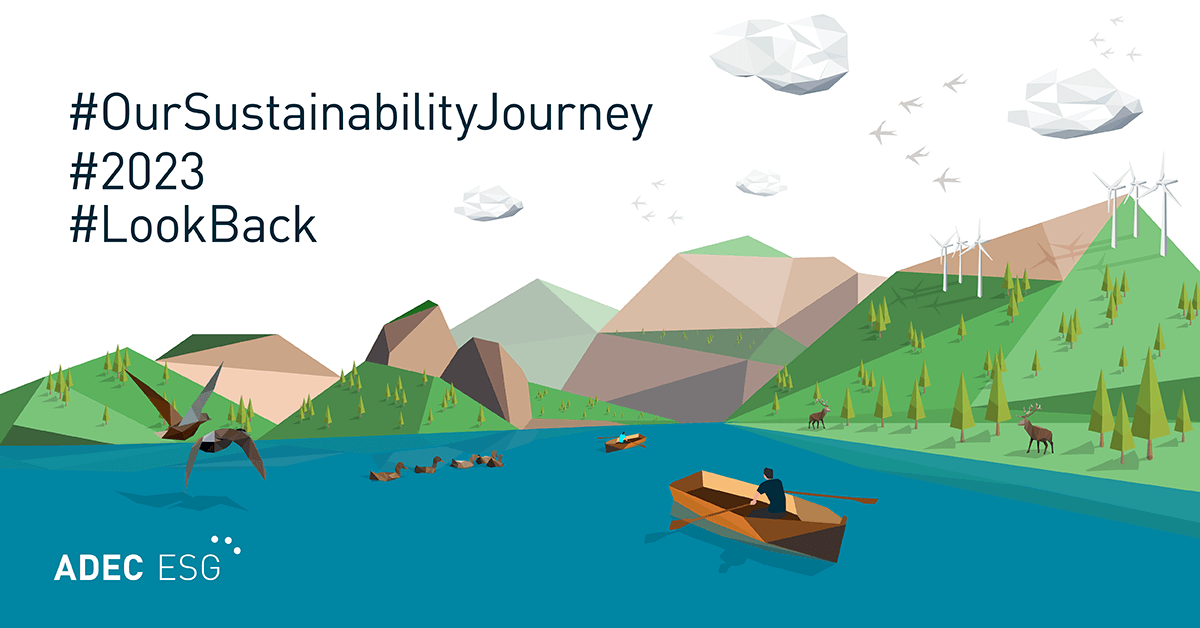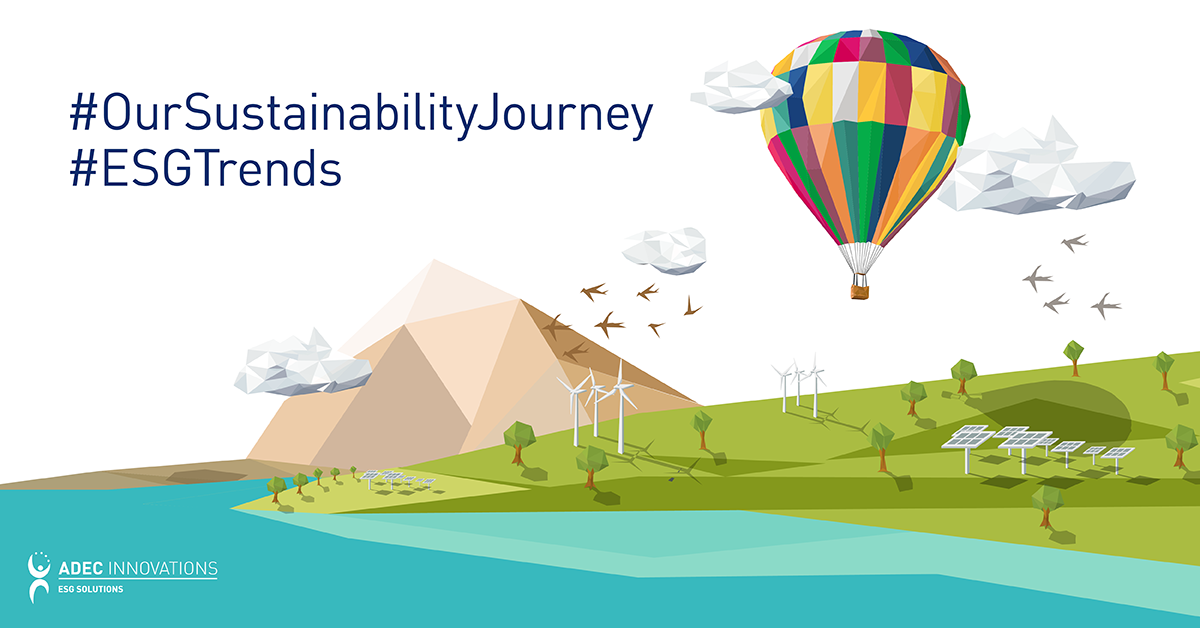 Global organizations regard climate change as a serious business risk that directly impacts their business operations. Climate change leads to environmental risks such as floods, heat stress and droughts, which adversely affect organizations, especially their supply chains, consumers and revenue streams. As a result, people are realizing that the framework we use for conducting business and producing goods and services needs to change.
Global organizations regard climate change as a serious business risk that directly impacts their business operations. Climate change leads to environmental risks such as floods, heat stress and droughts, which adversely affect organizations, especially their supply chains, consumers and revenue streams. As a result, people are realizing that the framework we use for conducting business and producing goods and services needs to change.
For more than two centuries, industrial production has been based on a linear, one-way model in which products are manufactured from raw materials which are then sold, used and discarded as waste; a flawed model based on an implicit assumption that is tragically false—the assumption of an unlimited supply of resources.
Global industrial economy depends on externalizing social and environmental costs—that is, excluding these costs from the assessment of a product’s internal value. In a world of unlimited resources, it made sense to exclude environmental costs in accounting for the cost of production, allowing for unlimited growth and ever-expanding economic rewards. The devastation this has caused is now increasingly apparent. Global demands have accelerated to the point where nature’s ability to replenish itself can no longer keep up.
As finite resources are pushed to the point of depletion, major industries and economies are forced to regroup and take stock of the fact that businesses cannot continue to operate with models based on unlimited resources. Mechanisms that allow us to transition to a new kind of economy, one that quantifies our accountability and the environmental impact of our operations, is imperative.
Carbon pricing is one such mechanism. Carbon pricing charges companies for their carbon emissions to help reduce global warming emissions. It is a practice that global organizations are starting to adopt, imposing carbon pricing within their organizations and supporting global initiatives that promote it as an accepted international standard among national governments.
The World Bank Group, together with other business groups and investors, is calling for active participation of governments and corporations to support carbon pricing and switch to greener investments. Carbon pricing encourages organizations to either lessen carbon activity or pay the corresponding price for carbon emissions.
There is significant support for carbon pricing among global business leaders. CDP, an internation al non-profit organization that provides global standards for measuring, disclosing and managing environmental information, has a database showcasing corporations that support carbon pricing. 150 major companies, of which 29 are from the US and 24 from the UK, have adopted internal carbon pricing. In addition, over 200 companies, roughly 10% of companies surveyed, are directly engaging policymakers in support of carbon-pricing legislation.
al non-profit organization that provides global standards for measuring, disclosing and managing environmental information, has a database showcasing corporations that support carbon pricing. 150 major companies, of which 29 are from the US and 24 from the UK, have adopted internal carbon pricing. In addition, over 200 companies, roughly 10% of companies surveyed, are directly engaging policymakers in support of carbon-pricing legislation.
Carbon pricing has been perceived by some as a threat to profitability. Many are terrified of the prospect of having to finally consider the true cost of production and pay for what today is covered by the commons. On the contrary, the so-called threat that carbon pricing represented has proven to be a valuable opportunity.
Carbon pricing is one way for an organization to measure, monitor and manage carbon emission activities to ensure a sustainable future and long-term viability. It opens opportunities for the development of innovative green technologies and energy-efficient solutions that lead to a low-carbon future. By adopting this mechanism, global organizations have better carbon management systems and improved sustainability performance through transparency and disclosure of their carbon emissions. An organization like CDP is especially crucial to these efforts, ensuring accurate accounting of emissions reduction goals.
As businesses continue to address climate change and sustainability, joint international efforts to formulate innovative climate change solutions emerge. The challenge is to determine the best course of action and policies to adopt, and how to effectively implement these policies and mechanisms to pave the way towards a sustainable future.

FirstCarbon Solutions (FCS) is a leading sustainability solutions provider with expertise in climate change management to help organizations reduce their carbon footprint. Our experience in carbon management and reporting ensures access to advice and solutions to address your climate change challenges. To learn more about carbon accounting methods, download our White Paper, ‘Carbon Accounting Methods for Estimating Scope 3 Emissions’.





